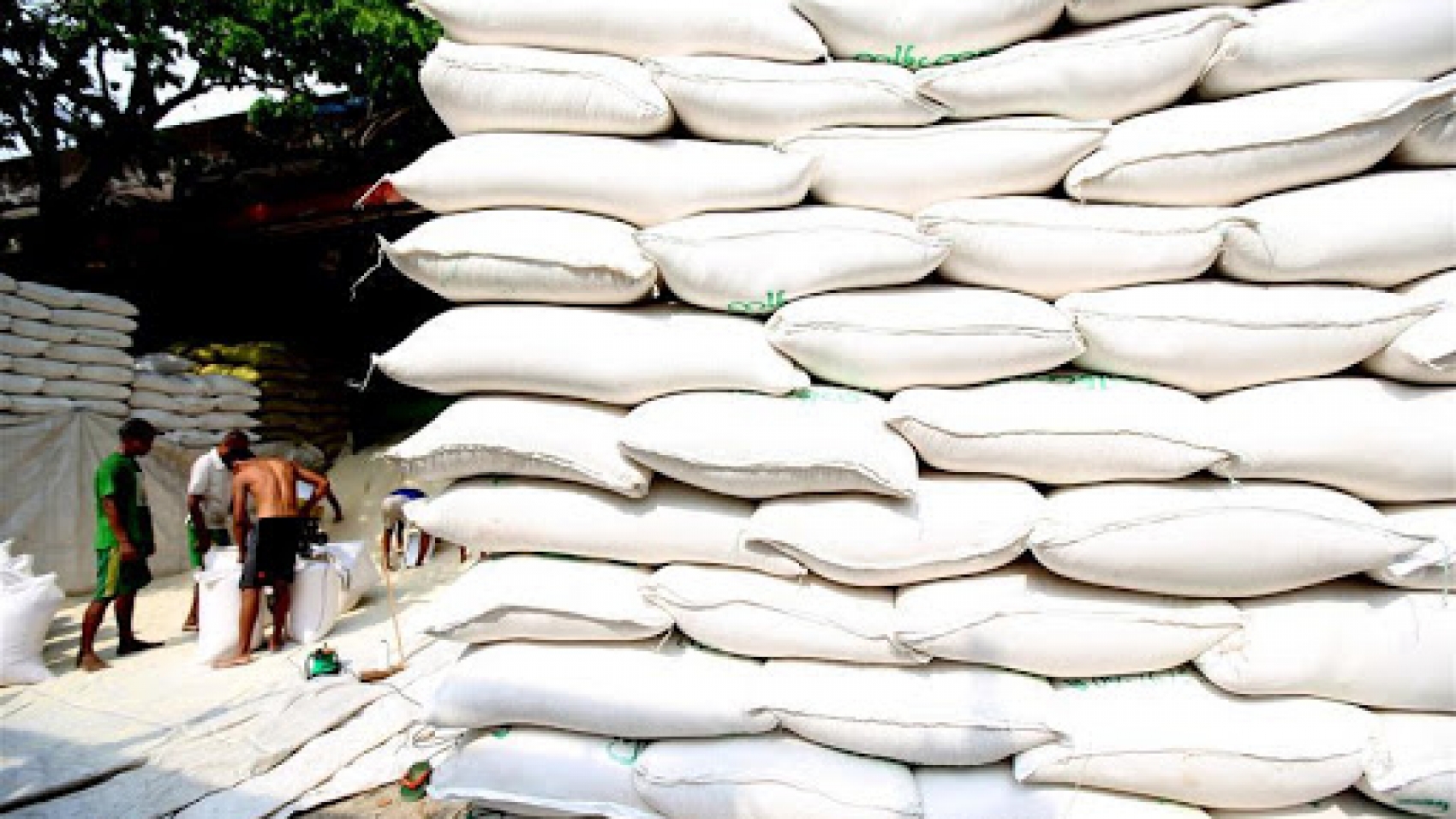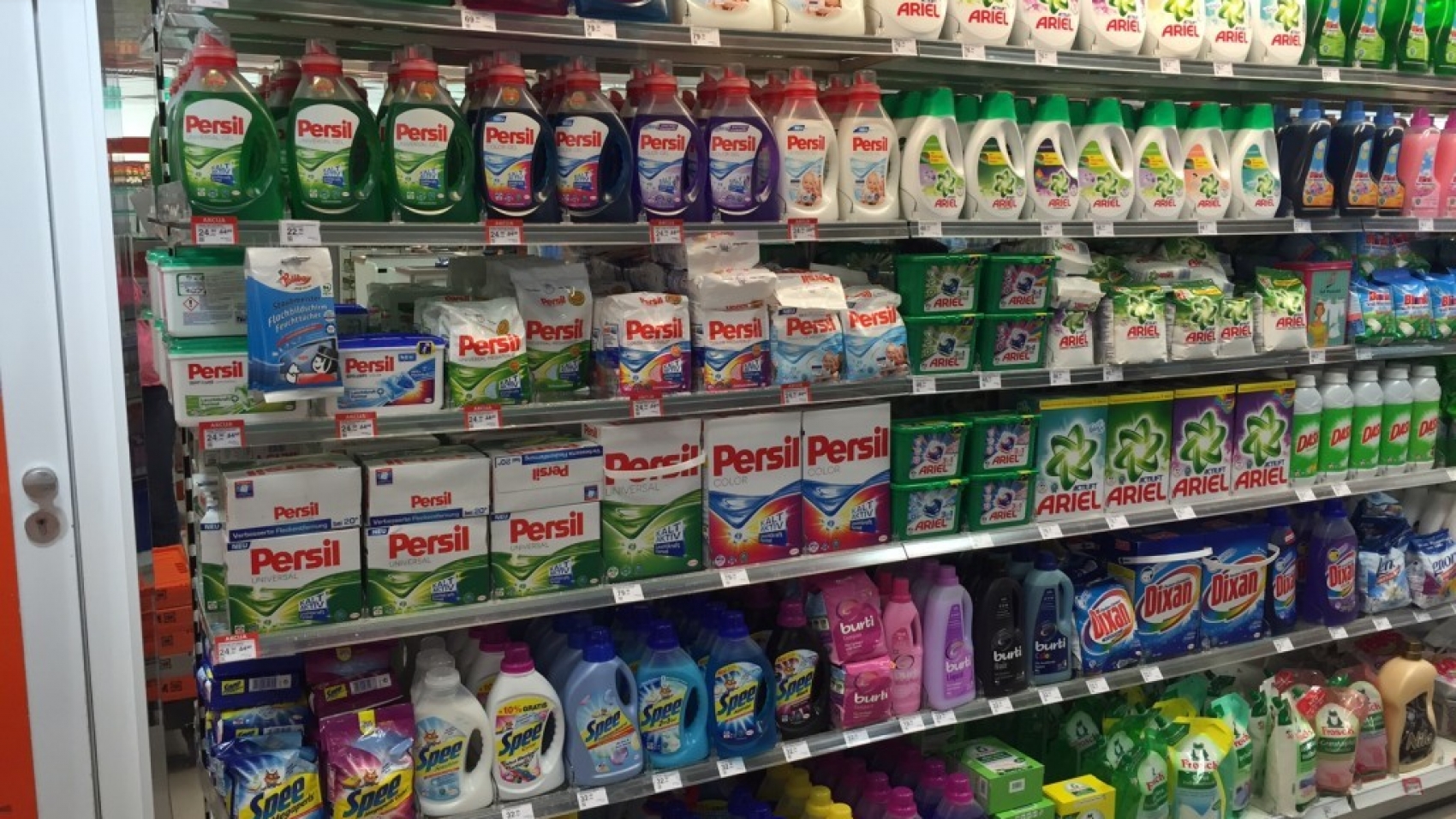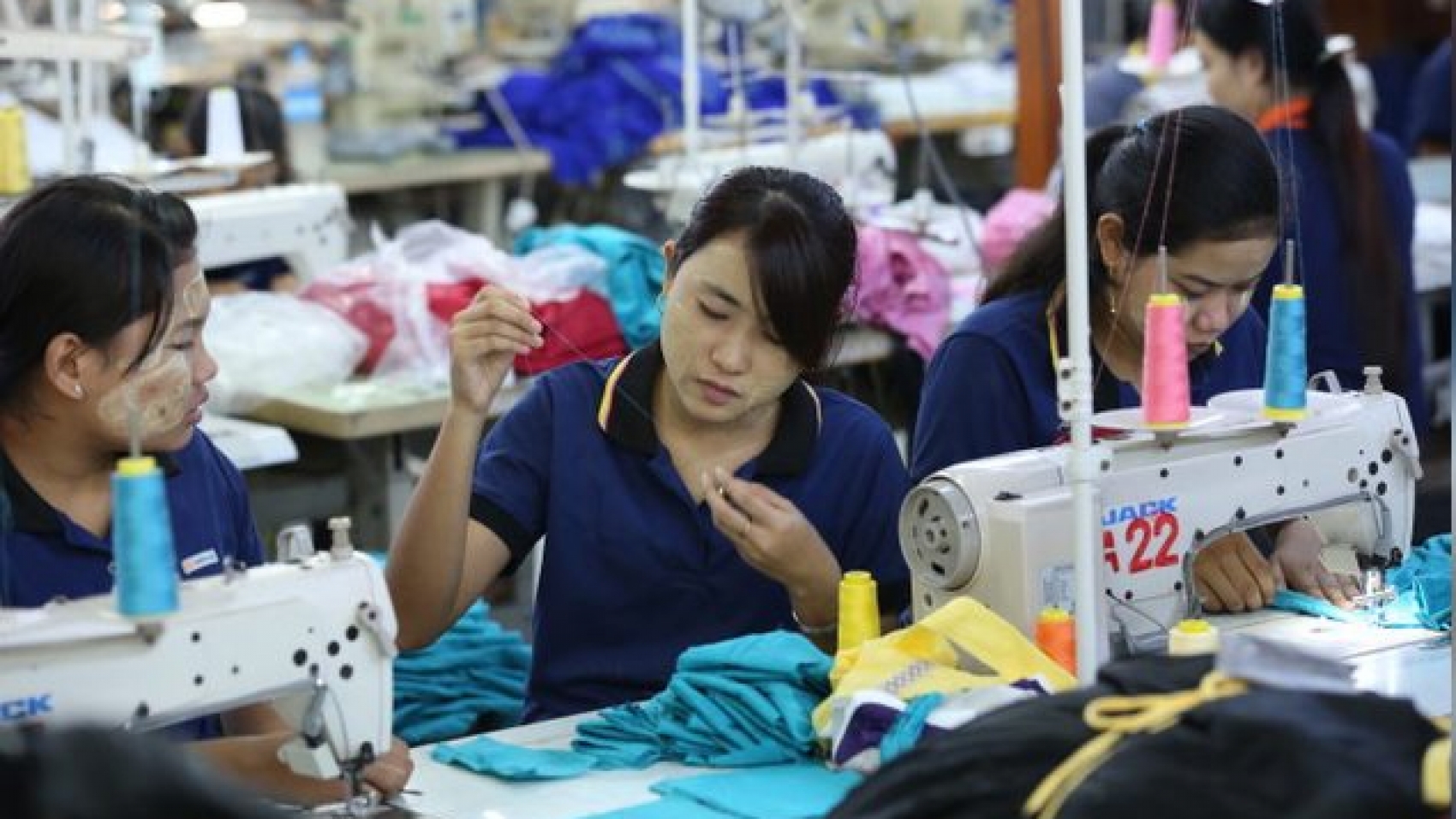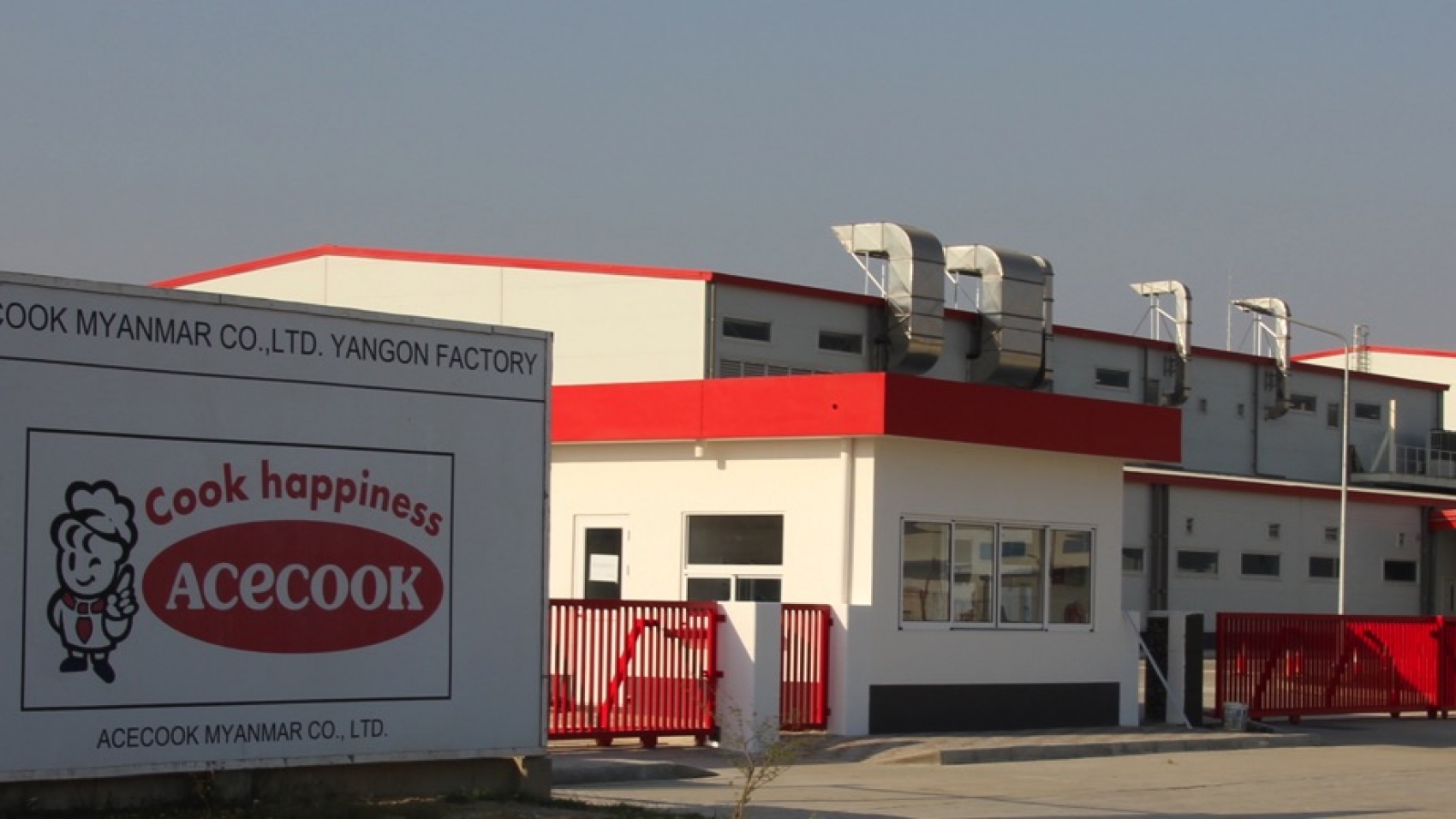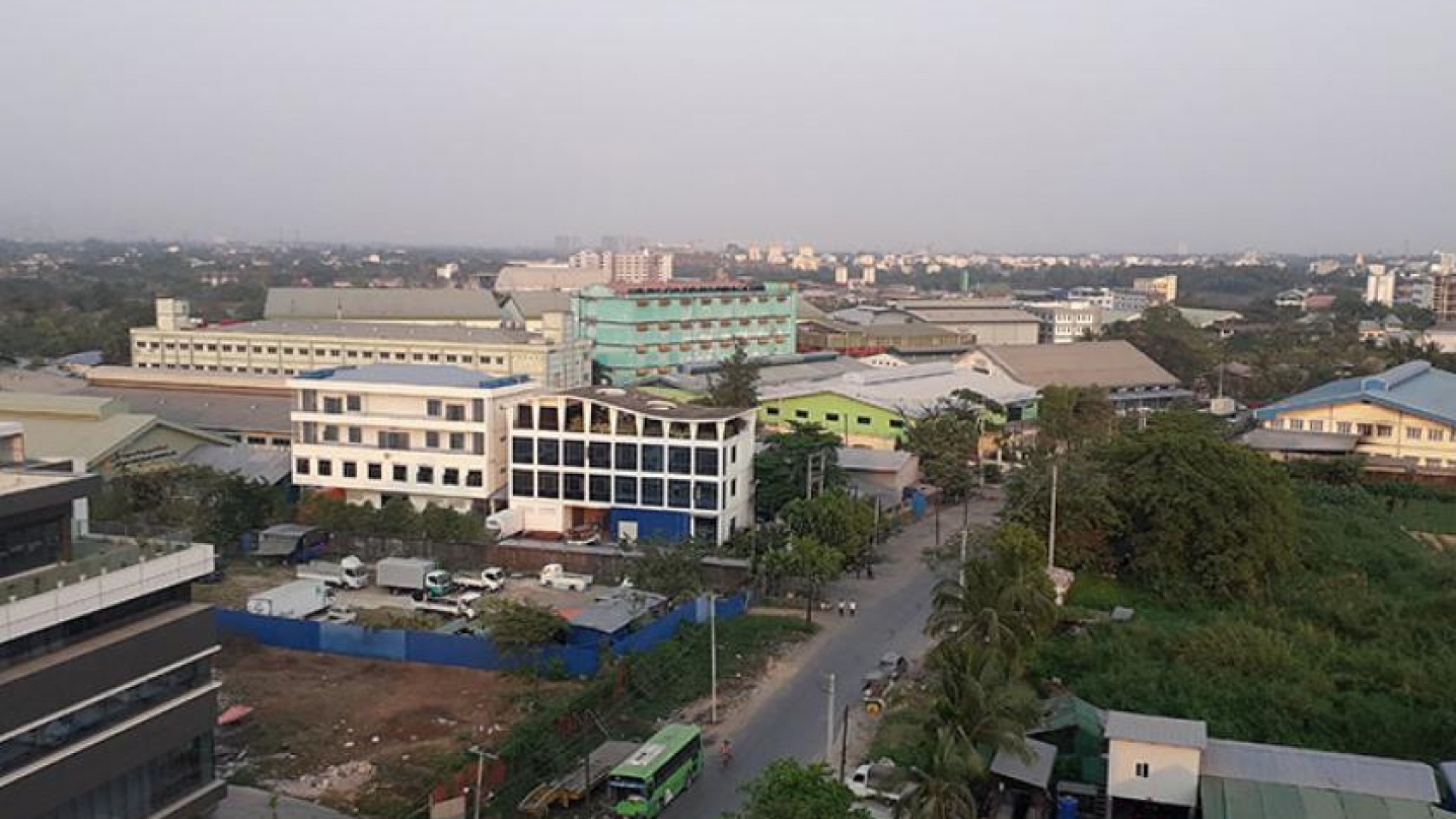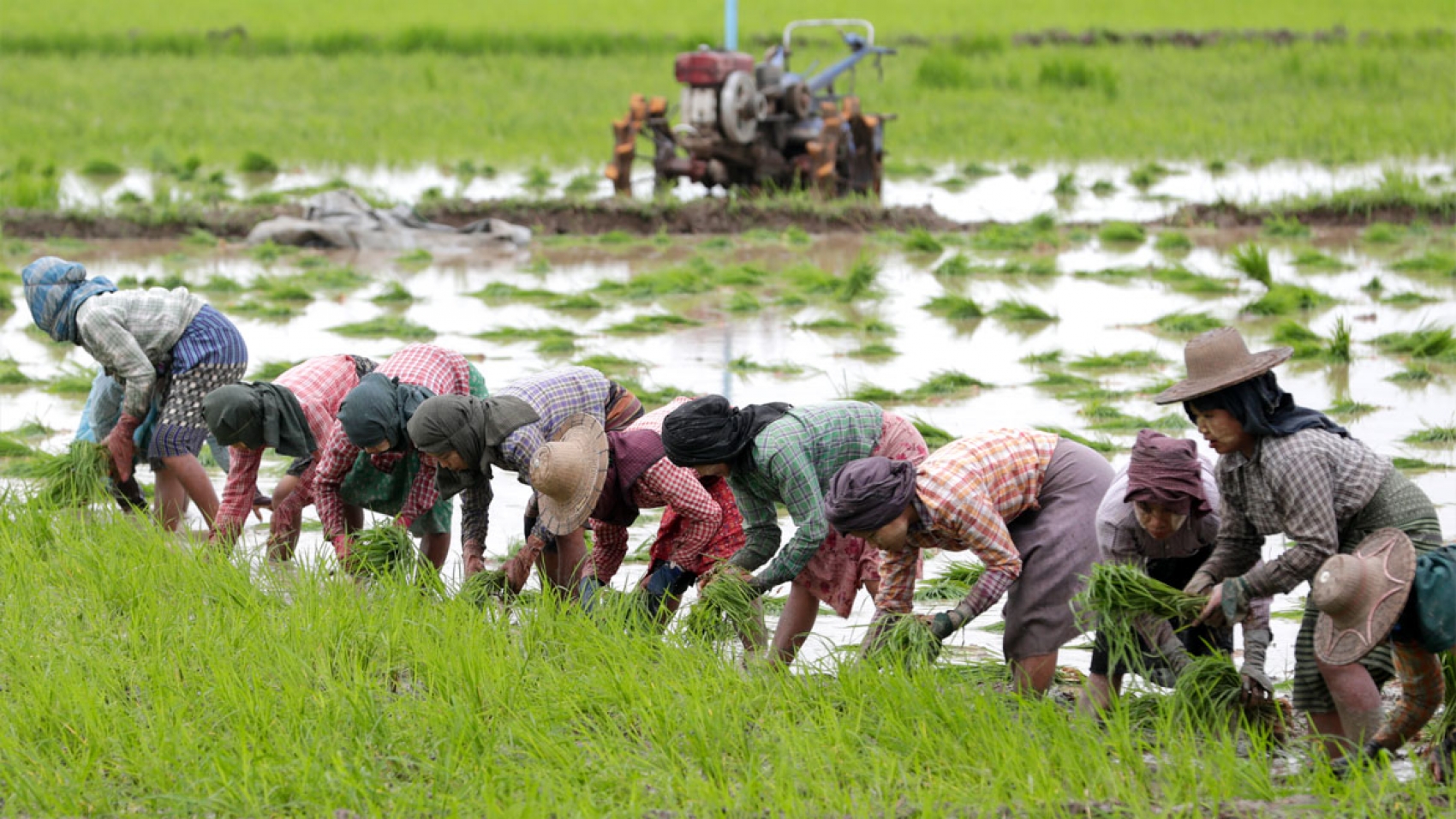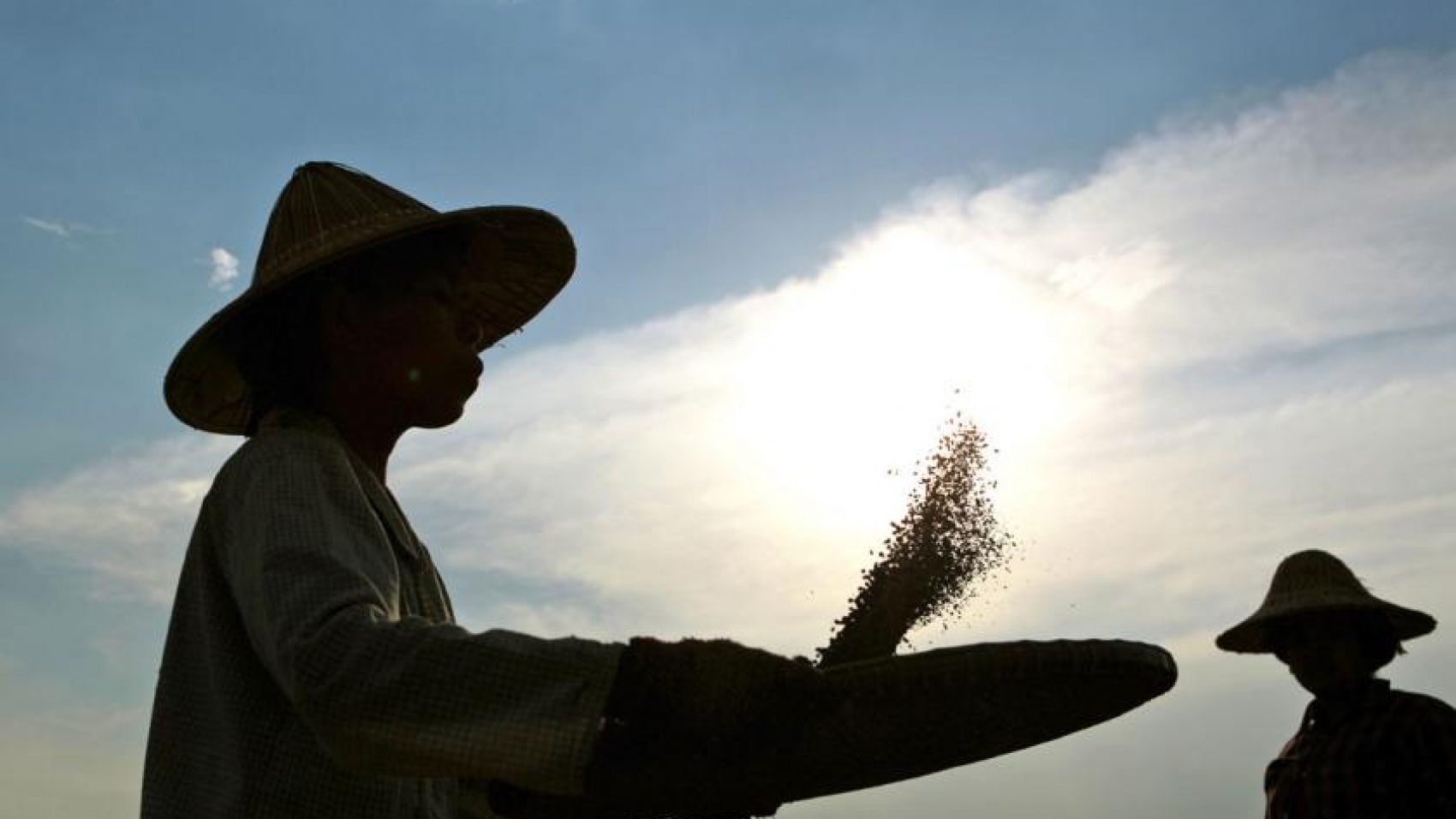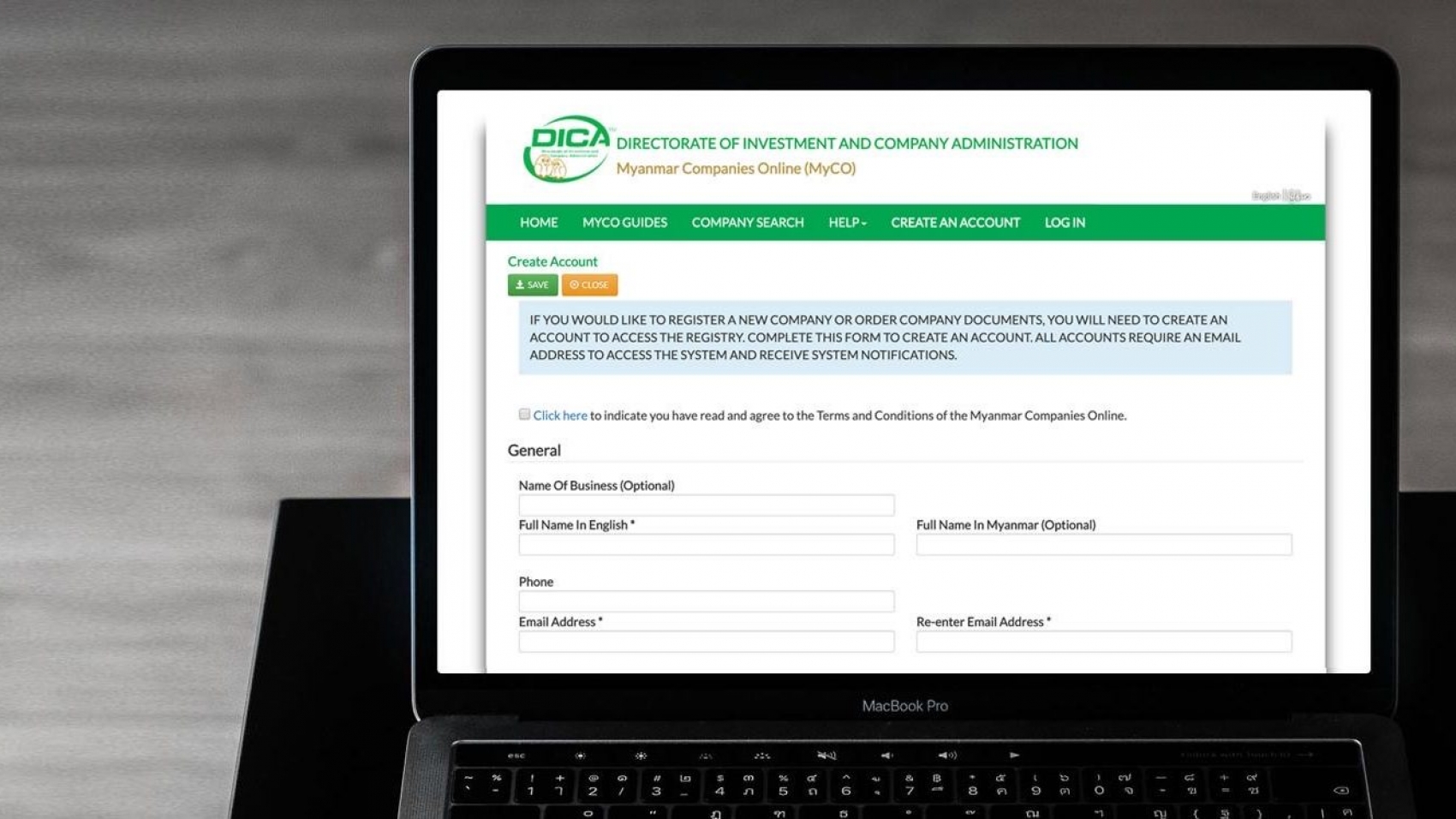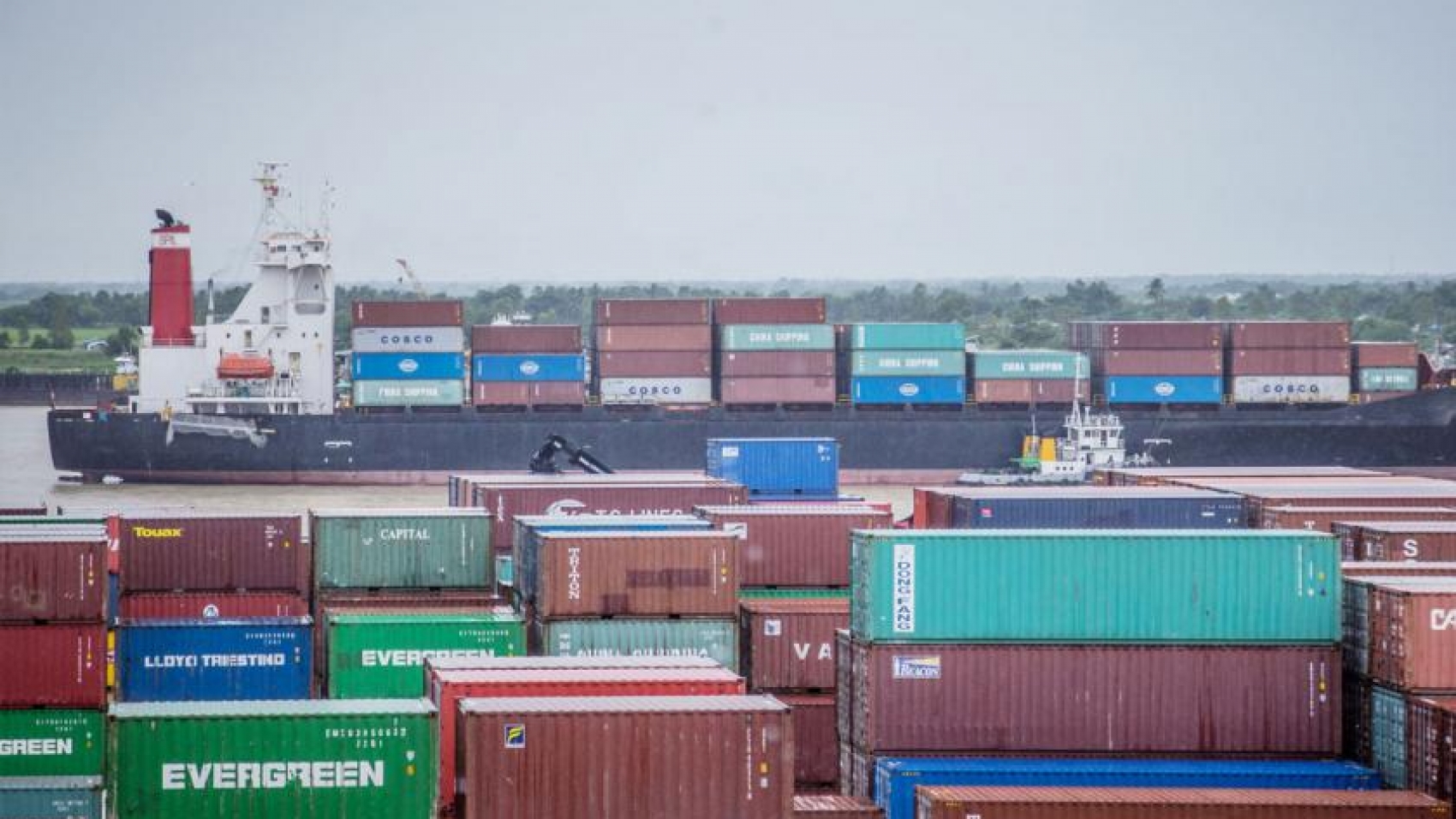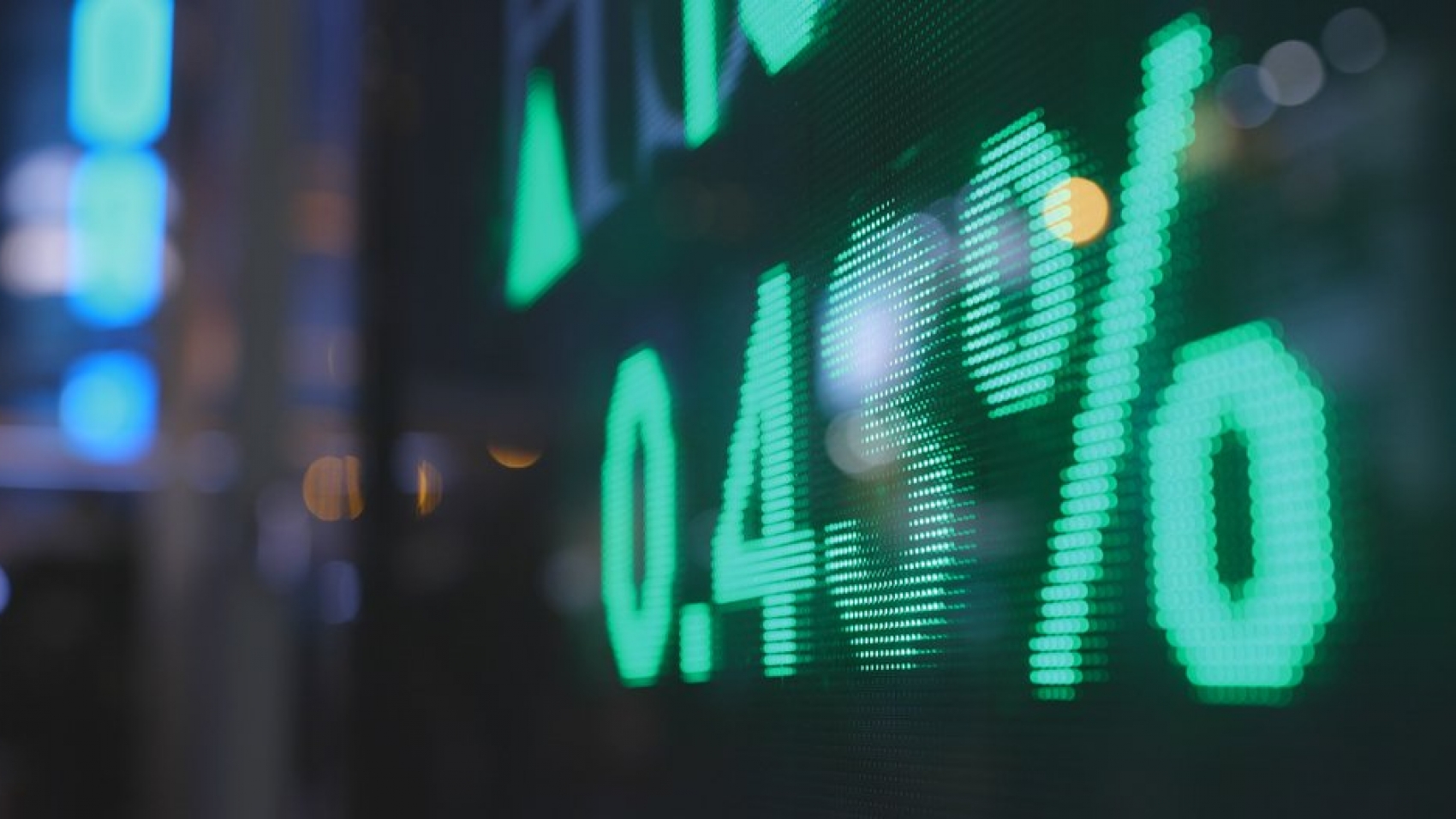Myanmar has generated US$386 million income from exports of rice and broken rice in the first-five months (Oct-Feb) of the current financial year 2020-2021, according to Myanmar Customs Department. At present, rice shipment to European countries is declining. However, Myanmar is constantly delivering rice and broken rice to China and Bangladesh. The market cools down for now due to the transport difficulties and dollar gains. The price is quite stable with the sluggish trade.
Next, China’s Customs granted licences to 47 Myanmar companies on 26 February 2021 to legally export the rice to China through Muse land border this year. The authorized companies for rice export to China increased this year as against last year. However, the permitted volume of rice for exports has not been confirmed yet, said U Min Thein, vice chair of Muse Rice Wholesale Centre. Myanmar traders are sending rice to China through Muse border under new permits at the present time.
Nevertheless, limited money withdrawal permitted by the private banks is disrupting the rice exports. Myanmar set the rice export target at only 2 million tonnes in the current FY as summer paddy growing acreage drops, said U Ye Min Aung, President of Myanmar Rice Federation (MRF). Weather changes affected irrigation water resource availability on agriculture. Consequently, the export figures showed a drop of 300,000 tonnes of rice in exports this year. Myanmar generated over $800 million from rice exports in the previous FY2019-2020 which ends 30 September, with estimated volume of over 2.5 million tonnes.
Source: The Global New Light of Myanmar

